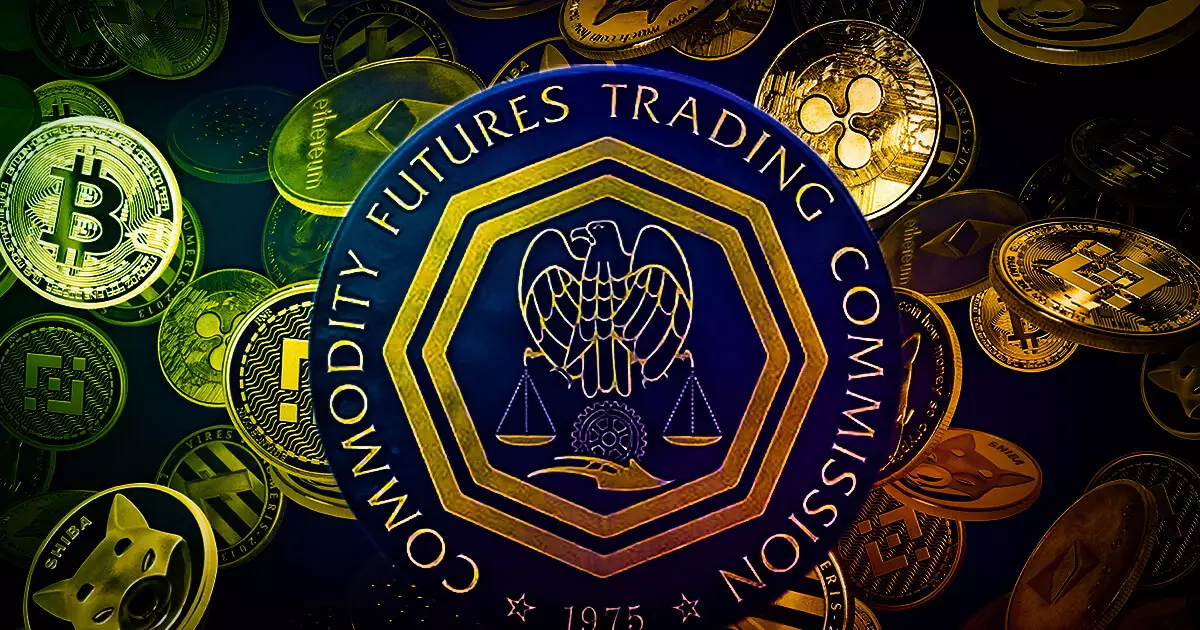The recent decision by the United States Court of Appeals for the District of Columbia Circuit has shifted the landscape for prediction markets, particularly those focused on betting related to U.S. elections. On October 2, the court ruled against an appeal made by the U.S. Commodity Futures Trading Commission (CFTC), which sought to impose a ban on platforms like Kalshi that permit such betting. This pivotal ruling indicates a significant endorsement of the legality surrounding these markets, underlining that the CFTC was unable to convince the court of any impending public harm due to their operations.
With the court’s ruling, Kalshi has been granted the opportunity to resume offering contracts that allow users to wager on outcomes related to the U.S. elections. This move is crucial not only for Kalshi but also for the broader ecosystem of prediction markets, which may have previously faced uncertainty following regulatory scrutiny. Tarek Mansour, the founder of Kalshi, celebrated this legal victory, suggesting that clarity has emerged in a complicated regulatory environment. However, the court did stipulate that a future motion for a stay could be entertained should new evidence present itself, indicating that the regulatory landscape could still be contentious moving forward.
The judgment has ignited a polarized debate among U.S. lawmakers, with some advocating for strict regulations concerning election-related prediction markets. Notably, Senators Elizabeth Warren and Chris Van Hollen, alongside several other legislators, called on the CFTC to take enforcement actions against these platforms, asserting that such markets compromise the integrity of public elections, which should not be commercialized. Their concerns speak to the moral and ethical debates surrounding the intersection of finance and democratic processes, highlighting a tension between innovation in market offerings and the potential risks to democratic functions.
Conversely, voices such as Congressman Richie Torres have argued for a more measured approach, suggesting that instead of outright prohibitions, regulations could help oversee these markets sensibly. This divergence in opinions underscores the complex nature of the political landscape regarding prediction markets, as stakeholders grapple with the balance between regulation to protect electoral integrity and the right to engage in predictive wagering.
Kalshi’s court victory may not only herald a renaissance for established platforms but could also pave the way for newer, crypto-native prediction markets to emerge. Platforms such as BET and Polymarket now find themselves in a more favorable position, especially if they can navigate the regulatory framework with compliance to meet future CFTC guidelines. As the dialogue surrounding these markets continues, their future will likely be influenced by ongoing legal developments and shifting political attitudes.
In summation, the D.C. Circuit’s ruling has significant implications for prediction markets focused on U.S. elections. As these markets resume their operations, the ongoing debate among lawmakers and regulators will shape the future of betting on political outcomes, leaving a lasting impact on both the prediction market landscape and the perception of electoral integrity in the United States.



Leave a Reply